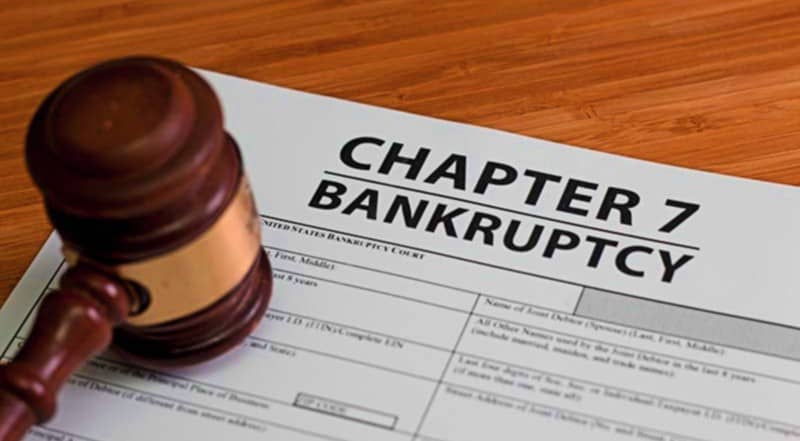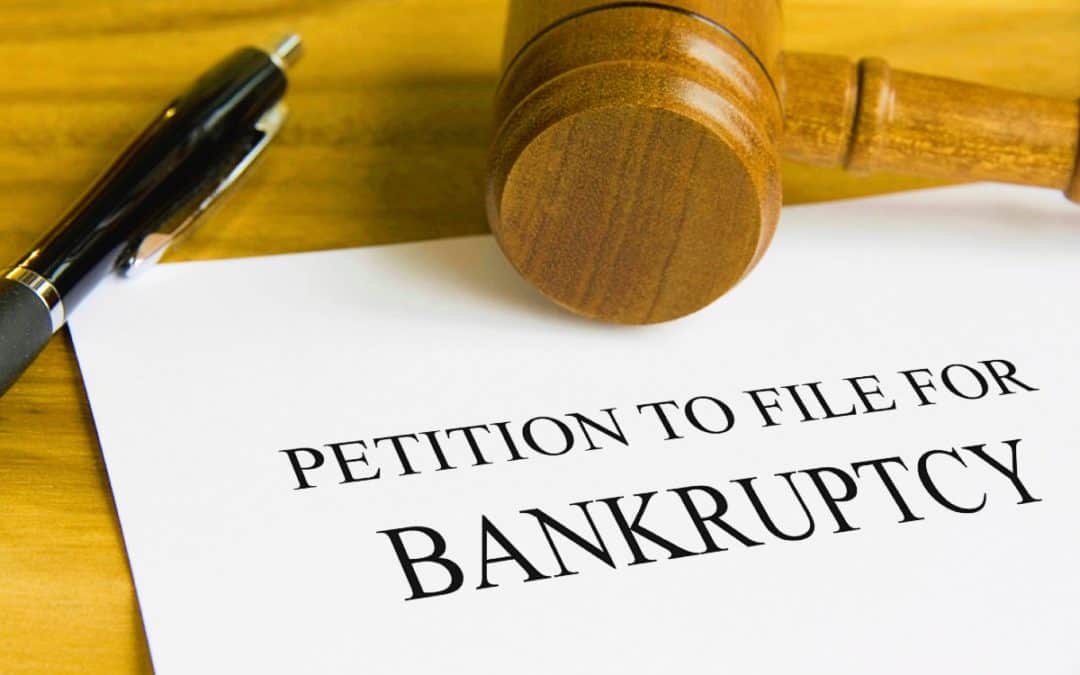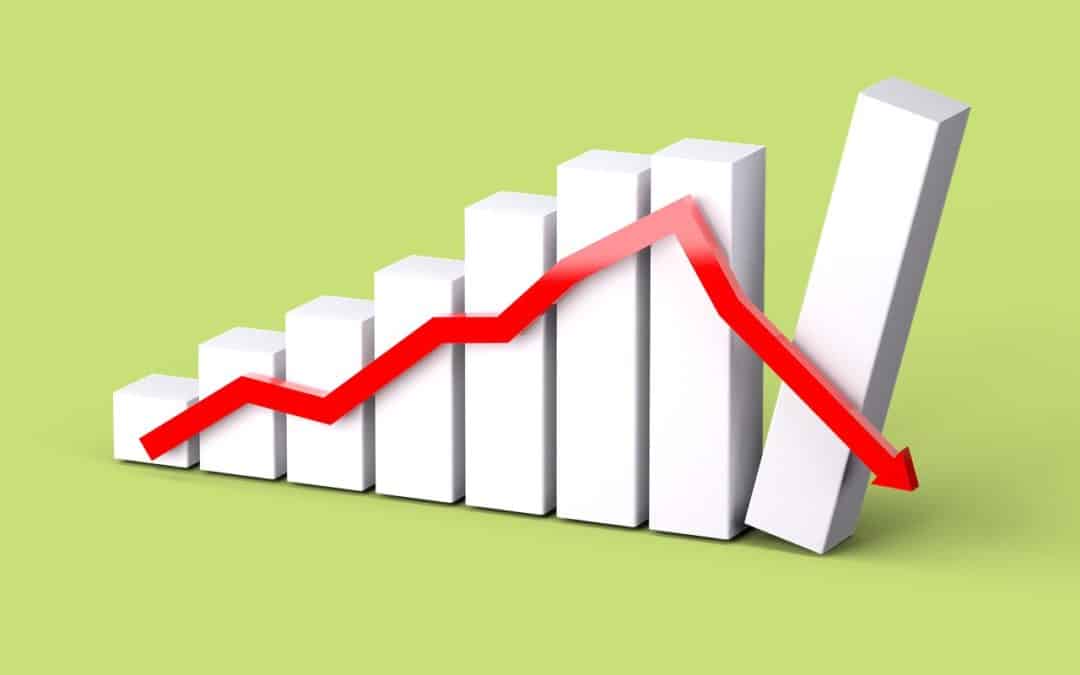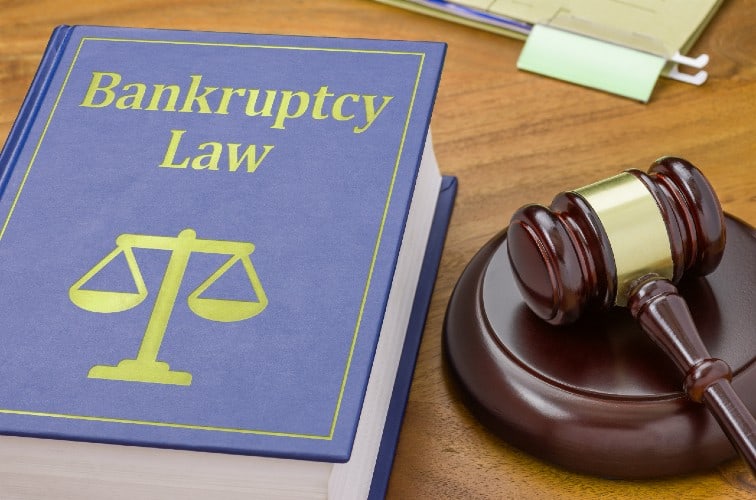
Understand the Bankruptcy Law with the help of Bankruptcy Lawyer San Diego
Bankruptcy is a legal procedure that is carried out by individuals or businesses that cannot pay their debts and want to get their debts discharged or reorganized by the bankruptcy court. A bankruptcy filing can be initiated by an individual or a business or even a creditor or a court of law. All these things can be quite complicated for first time filers, so a bankruptcy lawyer San Diego can come in quite handy for your problem.
Today, we will help you understand the bankruptcy law better and help you gain some information on what it is and what you can do if you are considering filing for bankruptcy.
These are some terms that you should know in bankruptcy law:
Bankruptcy Petition – The document that is filed with the US Bankruptcy Court that starts the bankruptcy proceedings which contains the debtor’s debts and assets and other liabilities which they may have.
Chapter 7 Bankruptcy – This is a common type of bankruptcy which is filed under the Ch. 7 of the U.S. Bankruptcy Code for an individual to liquidate their assets and settle for the discharge of debts.
The bankruptcy court assigns you a trustee who will evaluate your assets and also oversee your case and can also sell your non-exempt property. With a priority ranking system, the bankruptcy trustee will distribute the sales to the creditors. A Chapter 7 bankruptcy won’t help discharge all your debts aka. Non-dischargeable debts such as:
- Child Support and Alimony
- Income Tax
- Student Loans
All individuals and businesses can file for a Chapter 7 bankruptcy. This type of bankruptcy usually lasts around 4-6 months.
Chapter 11 Bankruptcy – This type of bankruptcy is filed under the Ch. 11 of the U.S. Bankruptcy Code for a business to reorganize its assets and liabilities and also settle its debts. A business can file for a Chapter 11 voluntarily or even involuntarily forced to file for a Chapter 11 bankruptcy.
Chapter 12 Bankruptcy – This Chapter is similar to a Chapter 13. However, you can only file for a Chapter 12 bankruptcy when your income comes from a farm or a fishery. A bankruptcy lawyer in San Diego can help you with this. Most farmers or fishermen can’t qualify for reorganization of debts under Chapter 13 bankruptcy because of low debt and Chapter 11 as it can be too expensive.
This is why congress created the Chapter 12 bankruptcy which applies solely to farmers and fishermen whose total debts secured and unsecured must not exceed $4,153,150 for farmers and $1,924,550 for fishermen.
Chapter 13 Bankruptcy – Under the Ch. 13 of the U.S. Bankruptcy Code, a debtor will ask the court to grant them additional time for the debtor to pay off their debts as long as the debtor is earning a steady income.
Unlike a Chapter 7 bankruptcy, none of your assets will be sold. Instead, your case will be assigned a bankruptcy trustee who will distribute the money with the priority of creditors. You are given 3-5 years to repay your debts. A Chapter 13 bankruptcy allows a flexible repayment period and also allows the debtor to pay a less amount to unsecured creditors. A Chapter 13 bankruptcy will stay on the credit report of the debtor for even a decade. However, a credit bureau can remove the report after 7 years if the debtor was given a discharge.
Bankruptcy Discharge – The bankruptcy court releases a debtor from their liability to pay a debt. In simple terms, the debtor is no longer required to pay the debts that are discharged by the bankruptcy court.
The discharge is an order by the bankruptcy court, so the creditors cannot take any action against it such as pressurizing the debtor with calls, emails or any other ways.
When is the right time to Declare Bankruptcy?
A common question among people who cannot pay their debts is when you should declare bankruptcy. As each individual’s and business’s situation is unique. These laws exist to help people who have no other choice than to accept their situation and file for it. If you think that there are no other alternatives, you can go ahead and declare bankruptcy.
Final Thoughts
Bankruptcy is a legal process that can be a boon or a bane depending on your situation. Regardless of your situation, if you don’t have any choice but to file for bankruptcy, you need to get the help of a Bankruptcy lawyer in San Diego CA to help you with filing and also giving you the necessary tips to prepare yourself for bankruptcy.
An experienced bankruptcy lawyer that has handled a lot of cases is much better to advise you and safeguard your assets and resolve all the other aspects of your case.





